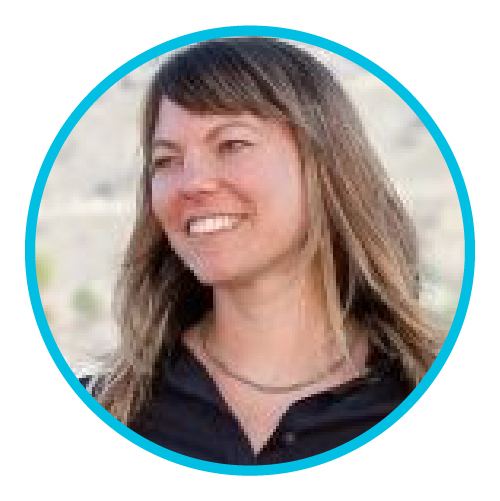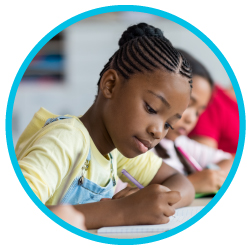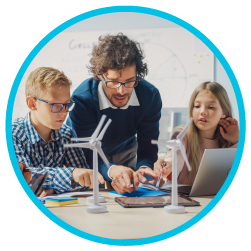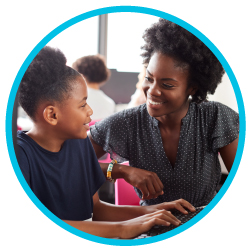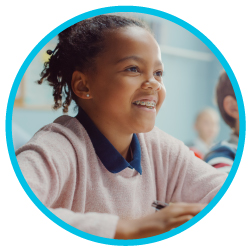Portland • October 28-30
Area Conference on Science Education
Registration is now closed and no on-site registration is planned.
To attend the NSTA area conferences, attendees are required to register with CLEAR Health pass and provide proof of a COVID vaccination and/or a negative COVID test.
WE ARE BACK!
Our very first face-to-face conference this Fall will be in the beautiful city of Portland, Oregon. Join us to network with your colleagues, catch up with friends, and take advantage of great NSTA professional learning.
The professional learning offered in Portland will include everything you remember from pre-pandemic conferences, including our famous Exhibit Hall and exhibitor workshops as well as hundreds of presentations and sessions.
Come to reconnect with your friends and colleagues and check out the latest and greatest science education resources available. Learn about creating inclusive classrooms, supporting students post COVID-19, developing authentic assessment strategies, linking literacy and science, and so much more.
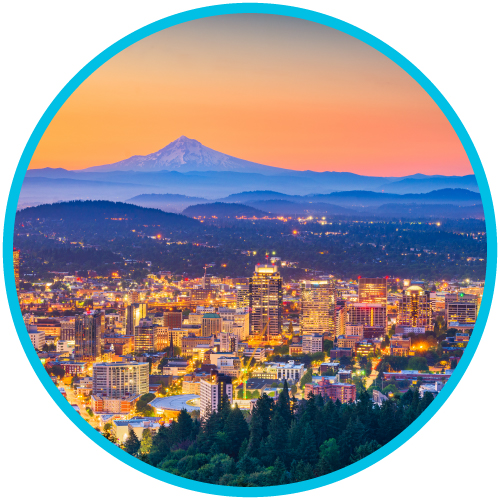
Customize your conference experience!
Browse our full selection of sessions that you can attend.
What’s Happening in Portland
Speakers
Keynote Speaker
Thursday, October 28 • 3:45–5:00 PM
Curiosity, Creativity, and Courage: Exploring at the Confluence of Science, Art, and Justice
Erin Pettit
Associate Professor of Glaciology, Oregon State University, Corvallis
We all live within the land, the ocean, the rains, the winds. Changes in these due to our climate crisis are everywhere and impact us all. These changes are often slow and subtle, punctuated by intense activity: storms, landslides, fires. If we only notice these catastrophes, then we are missing a critical part of the story. Erin will share two passions of hers. One is the value of spending more time observing and being curious about the slow and subtle changes happening in our own communities, because slow and subtle changes matter. The other is to expand who is doing the observing, because who does the science defines how the science gets done, who benefits from the science, and, ultimately, what science matters.
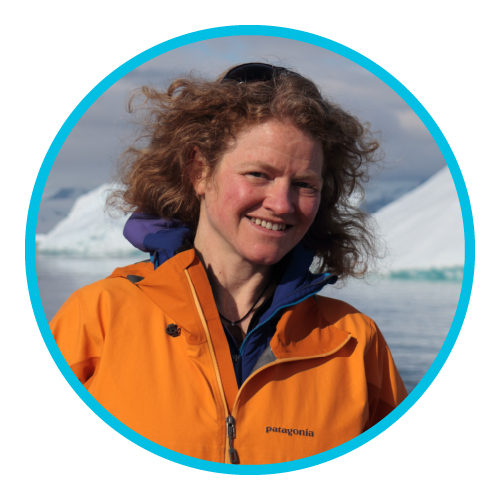
Speaker Bio
Featured Speaker
Friday, October 29 • 11:00 AM–12 Noon
Engaging Authentic Science Learning in Diverse Environments
Adam Johnston
Professor of Physics, Weber State University
“To learn” is a complicated and varied verb, especially in science. Learning takes place in multiple modes along multiple dimensions and with lots of different results; and many of us have experienced some of our best learning experiences outside of traditional classrooms or labs. How do we take experiences that might occur on a performance stage or in a city park, a small kitchen, or a vast desert and incorporate them into science learning for all? Especially as we emerge from the pandemic and its trauma, how do we take stock of where we’ve been and what we envision for the future of science learning? Adam will bring examples and experiences for us to reconsider the meanings of science teaching and learning in our classes and beyond.
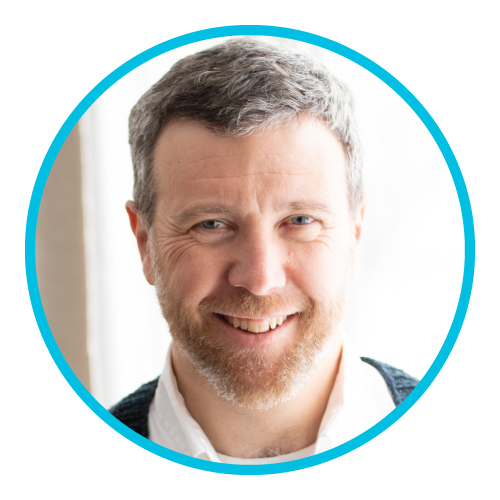
Speaker Bio
Featured Speaker
Saturday, October 30 • 3:15–4:15 PM
Teaching Environmental Justice Theory and Applications in STEM
Melissa Haeffner, PhD
Assistant Professor, Department of Environmental Science and Management, Portland State University
This presentation will focus on how social, political, and biophysical factors structure access to water, using the concept of environmental justice to draw attention to issues of fairness and equality in the ways different social groups gain access to natural resources. It is essential for anyone working in the environmental sciences to acknowledge the human communities that impact and are impacted by those systems. The history of spatial segregation in the U.S. has had real consequences for how water is distributed, diverted, stored, and managed across urban and rural landscapes. This has resulted in uneven access to clean, reliable water and differential access to water-related decision-making. In this talk, Melissa will introduce a theoretical framework based on current research in environmental justice that considers distributive, procedural, and recognition justice. Looking at case studies in the Pacific Northwest, she will demonstrate how water managers and researchers can use this framework to ask questions that will illuminate opportunities to support diversity, equity, and inclusion approaches in their work.
